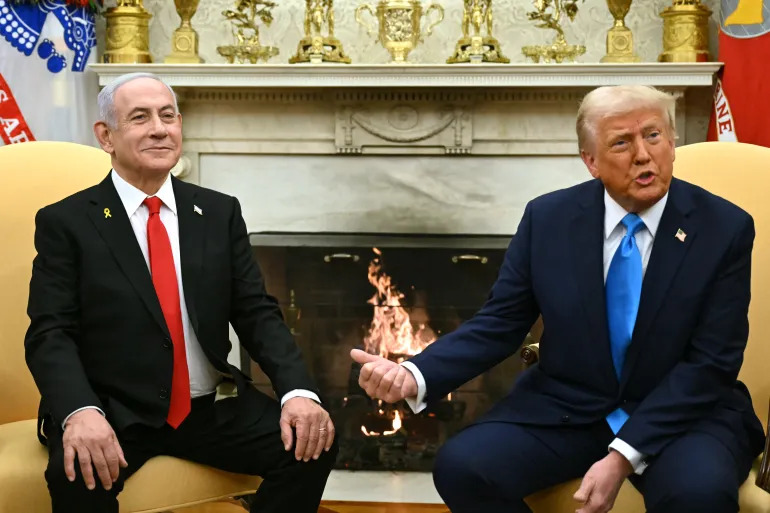
Jin Liangxiang, Senior Research Fellow, Shanghai Institute of Int'l Studies
Mar 25, 2025
U.S. policy ultimately will be defined by Israel. With Donald Trump in the White House, the Middle East will become even more vulnerable, and the security situation may erode. Saudi Arabia may not get the security guarantees it wants from the United States, and Iran will continue to be in the picture.
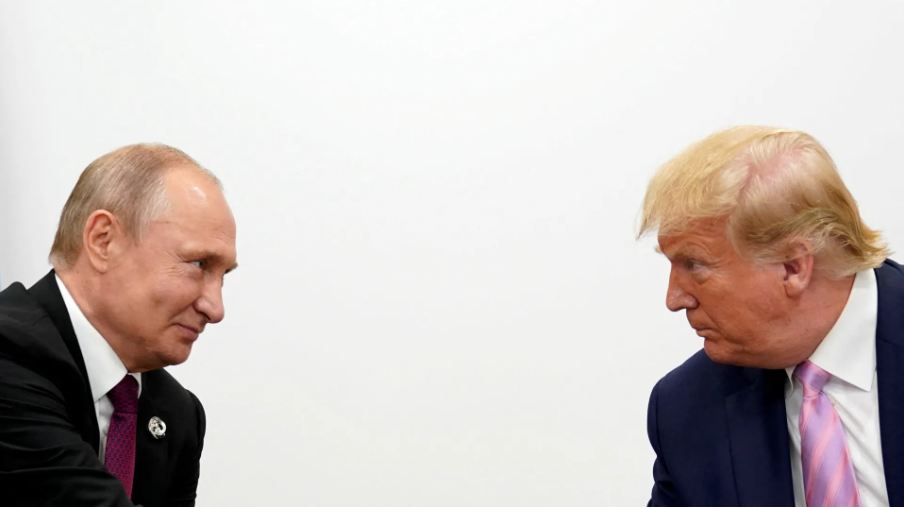
Richard Weitz, Senior Fellow, Hudson Institute
Mar 20, 2025
Trump’s actions in dealing with Russia and Ukraine and conflict in Gaza have been disruptive and unpredictable. With more holistic foreign policy statements still in the works, only speculation can tell us where Trump might head regarding the Indo-Pacific.

Jin Liangxiang, Senior Research Fellow, Shanghai Institute of Int'l Studies
Mar 20, 2025
The future of the region should be decided by the countries there, not by external actors. Strategic autonomy, an idea frequently raised by some Arab countries in recent years, shows they’re waking up to reality. There should be no illusions about the future.
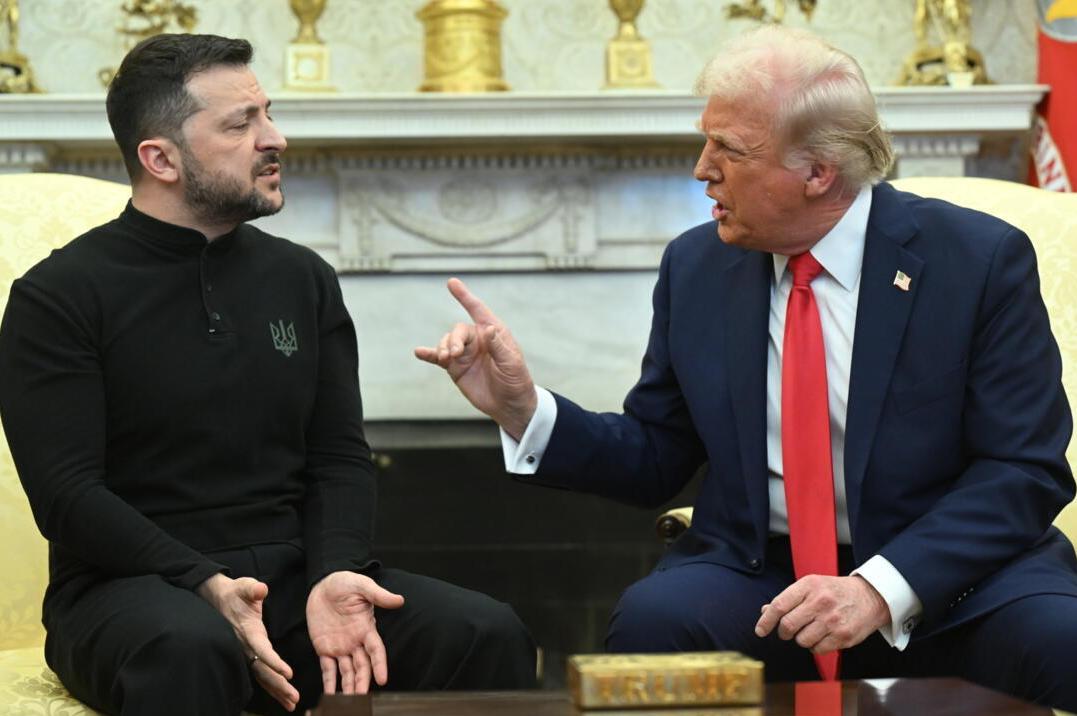
Fu Suixin, Assistant Researcher at Institute of American Studies, Chinese Academy of Social Sciences
Mar 18, 2025
His ultimate vision of a new world order might be some combination of power in which the U.S. takes absolute control of the Western sphere of influence and weighs in heavily on global affairs with other great powers.
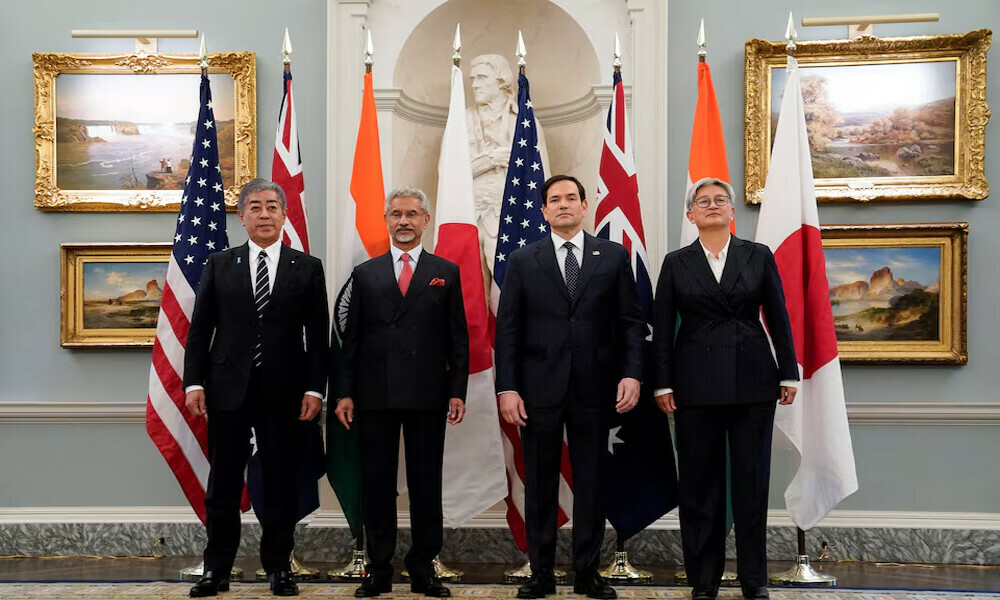
Sajjad Ashraf, Former Adjunct Professor, National University of Singapore
Feb 27, 2025
The Quad has evolved into a coalition with increasing military cooperation and shared concerns over China’s rising power, though India’s reluctance to fully engage in a military alliance limits the group's effectiveness in countering China's influence in the Asia-Pacific.
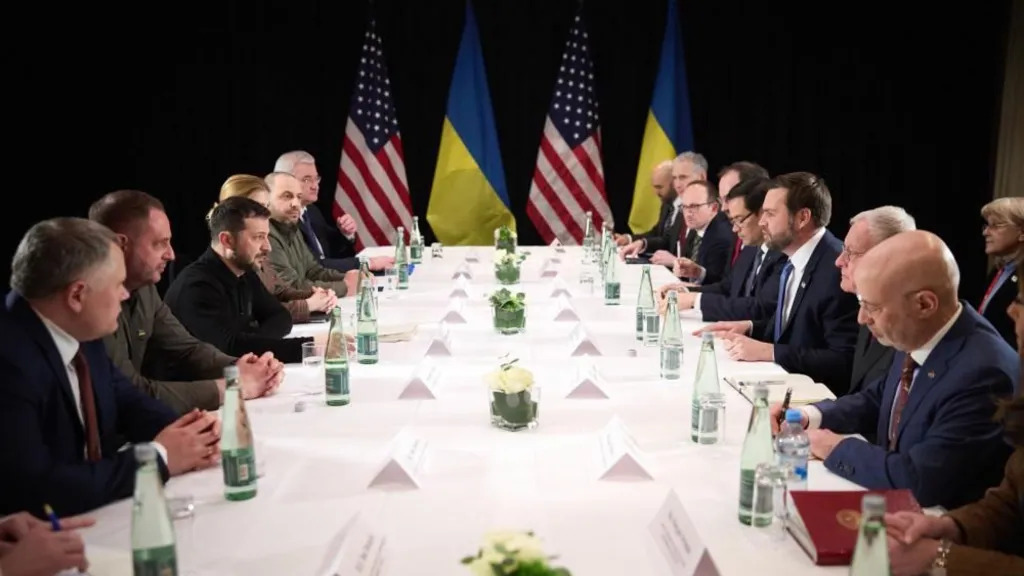
An Gang, Adjunct Fellow, Center for International Security and Strategy, Tsinghua University
Feb 25, 2025
If Europe fails to awaken and respond to its humiliating rejection by the United States, it will lose not only its seat at the table for Ukraine-Russia peace talks but also its status as a leading player in the future multipolar world.
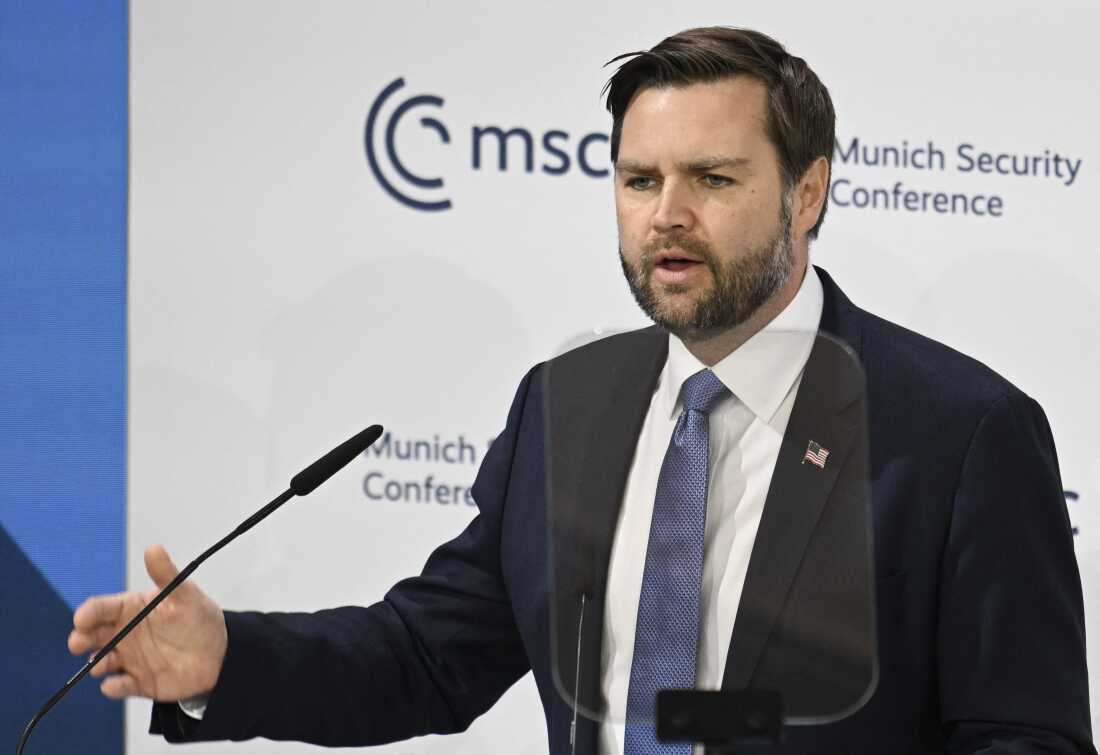
Sun Chenghao, Fellow, Center for International Security and Strategy of Tsinghua University; Munich Young Leader 2025
Feb 20, 2025
European delegates to security conference, reacting to a disturbing speech by U.S. Vice President JD Vance, say privately that it’s clear the continent must gradually break with the United States. The reduction of America’s strategic investment in Europe is accelerating Europe’s search for autonomy in an increasingly multipolar world.
Niu Xinchun, Professor, China-Arab Research Institute, Ningxia University
Feb 20, 2025
The Israelis have two primary war objectives: the complete elimination of Hamas and the rescue of all hostages. But these goals are inherently contradictory and cannot be pursued at the same time. Israel is thus faced with a difficult choice about which to prioritize.

Xiao Qian, Deputy Director, Center for International Security and Strategy at Tsinghua University
Feb 20, 2025
Ukraine crisis lingers as the transatlantic alliance faces an uncertain future. Meanwhile, the international order is undergoing a profound restructuring as the sand shifts under traditional commitments by the United States and as Europe seeks greater autonomy.
Fan Gaoyue, Guest Professor at Sichuan University, Former Chief Specialist at PLA Academy of Military Science
Feb 14, 2025
Any lasting solution to the conflict will require consultation with all parties concerned and will be much more complex and difficult than simply putting forth hypothetical scenarios.